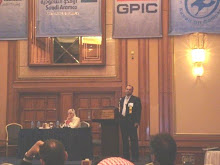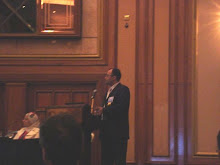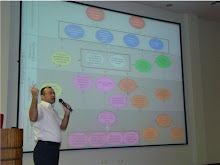Risk of failure is dwindled by early adequate risk management plan properly applied। While shifting from rigorous to complex exploratory projects owing to the fast moving competitive business environment and mounting sponsor demand, risk of failure augments. It is highly dependent on business type and the Project manager’s exertion to remain within boundaries. Figures in IT reveal only 16% success; Figure 1. (Schwartz, 2005; Nicholson, 2005; Hunter, 1997; Clancy, 1994)
 Harold Ainsworth scrutinized many researches aimed at identifying main causes of project abandonment; these consolidated into three main broad lines (Ainsworth, 1998):
Harold Ainsworth scrutinized many researches aimed at identifying main causes of project abandonment; these consolidated into three main broad lines (Ainsworth, 1998):
- Lack of effective corporate controls;
- Poor project management;
- Lack of independent advice about status and which provides alternative strategy.
Approaches to close the gap arising from these three factors are outlined in the fig। below.

Regards,
Samer

















This comment has been removed by the author.
ReplyDeleteReferences and Bibliography:
ReplyDelete- Laurence J. Nicholson, 2005, PMP-FPMA, “The Danger of Failing to Manage Risk in Projects” [accessed on 20/08/06] http://www.pmforum.org/library/papers/2005/Article2_Risk.pdf
- Schwartz, Woollacott, 2005, “Project Failure”, PMGT 6869 Advance Knowledge in Project Management, [URL accessed 11/08/2006] http://learn-on-line.auth.usyd.edu.au/PMGT6869/topic_notes/Project_Failure.pdf
- Watts S. Humphrey , “Surviving Failure”, Volume 5 Number 2 Second Quarter 2002, [accessed on 23/08/06] http://www.sei.cmu.edu/news-at-sei/columns/watts_new/2002/2q02/watts-new-2q02.htm#ref1
- Tom Clancy, 1994, “The CHAOS Report”, The Sum of All Fears The Standish Group International, Inc. [accessed on 20/08/06] , http://www.standishgroup.com/
- Harold Ainsworth, 1998, “Why do projects break down?”, [accessed on 22/08/06], http://www.pmnetwork.com.au/
- Hunter R., 1997, “Success cost less than failure”, Application Development and the AD
- Management Continuum, Project Leadership Conference, San Francisco
- Staw, B. M. & Ross, J. 1987. “Knowing When to Pull the Plug”, Harvard Business Review March-April
- Keil, M, 1995, “Pulling the Plug”, Software Project Management and the Problem of Project Escalation, MIS Quarterly, Dec